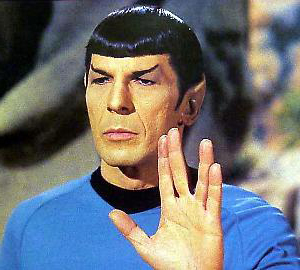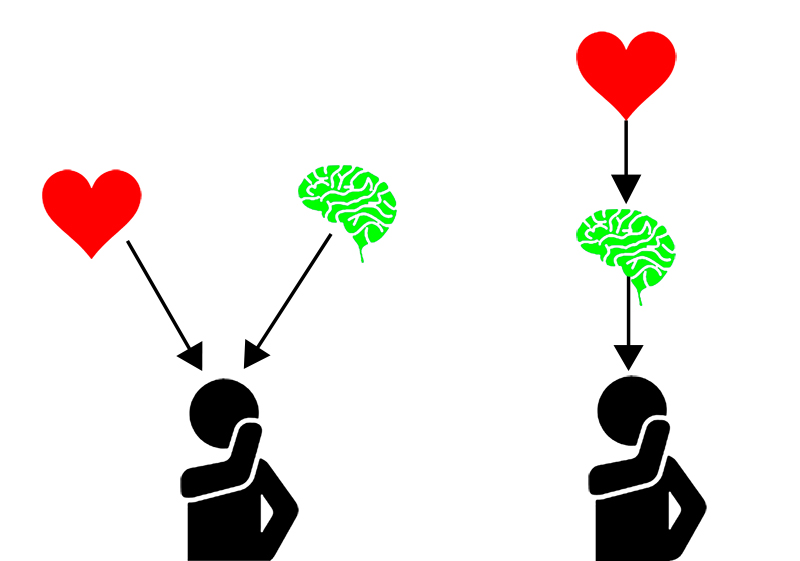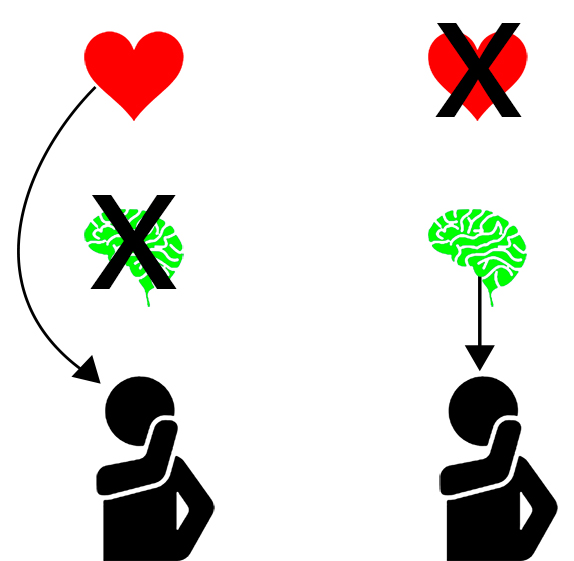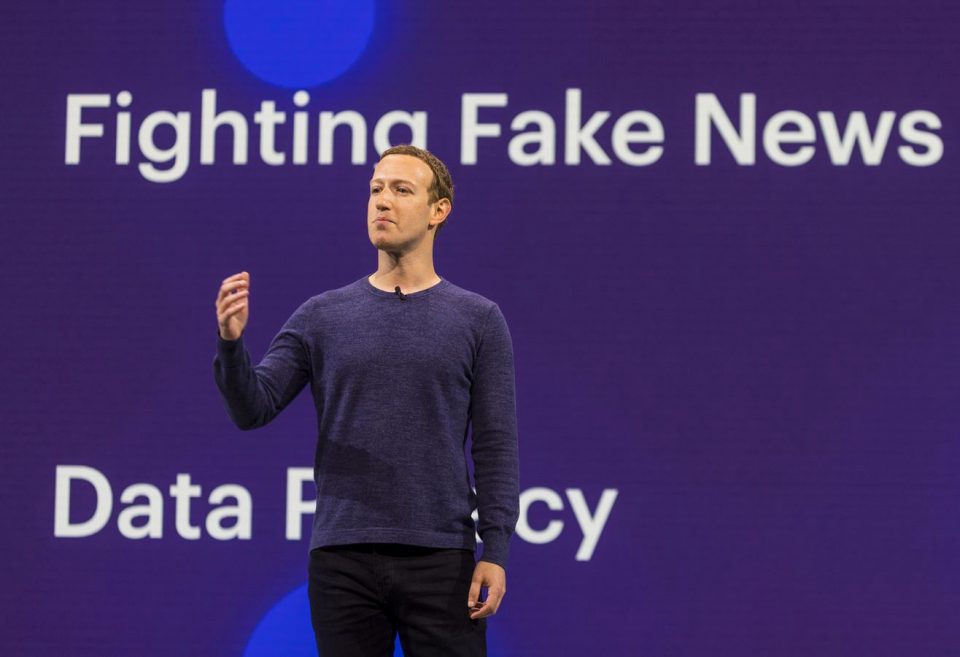We live in a highly rationalized world, and this is at the core of the constantly increasing living standards. Still, people have huge problems in understanding what rationality is, why it is important and how to adhere to its standards. This results in irrational choices that severely impact both private life and the entire society (e.g. the anti-vaccine movement).
Rationality VS Emotions

Symbol of rationality without emotions
When I speak to people about rationality I often face answers like yes, rationality is great, but I don’t want to lose my humanity. And I actually agree that nobody should lose her identity, or soul, or whatever. Indeed, maybe rationality is not against emotions. Maybe rationality is what makes us humans.
Consider a sentence like I love this person, so I will marry her. It is perfectly rational, plus, it is also about emotions. Instead, it would become irrational when turned into I love this person, so I will beat her.
From this extremely short analysis, it appears that rationality is not an enemy of emotions and humanity, but maybe just something else. Indeed, rationality can take emotions as input and help us in making better decisions. Decisions that take into account how we feel now, how we felt before and how our actions will impact our lives and the ones of our beloved ones.

To apply this analysis to vaccine hesitancy, it is a human-behavior to fear the vaccine’s side-effects. However, it fundamental to consider also what these side-effects actually are and their probability of happening. Furthermore, the lack of vaccination can have much more serious consequences with a way higher probability of happening. Thus, for someone that loves their children, it is perfectly rational to protect them via vaccination.
The rationality standards
The field of rationality is still growing, however, several standards have been developed up to now. Indeed, in general, it is possible to distinguish between strong arguments and weak ones. Furthermore, there is a rich literature on reasoning mistakes (known as fallacies).

Thus, times are ready for people to study rationality, and to be able to apply this powerful tool to their lives. Unfortunately, the education system in most countries does little or nothing about that. Meaning, that even people with a high level of education, are often blind to the differences between a good and a bad argument.
The level of information on this topic is so low, that usually, people are not even aware that they lack knowledge. And when they evaluate some arguments they do it based on their gut’s feelings. Thus, in the public debate, high-quality arguments are evaluated exactly like the poor ones. Meaning that often the democratic choice is not based on the best choice, but only to the one that sounds best.
What can we do
People will not invest time and energy is something they do not even know that exists. Because of that, an important step consists of making people aware of rationality. They need to know about its standards and how they can strongly impact their lives.

Also, the education system and the media need to become more invested in the topic. As we are looking for new ways to fight fake news, we should also look for new ways to fight fake rationality.
All of this is strongly related to social complexity research. Indeed, we live in a society and our choices influence other people; actually they influence also their choices. So, we need to study what makes people adhere to rational thinking and what, instead, make them move away from it.
If you are interested in any of this, consider checking my research section. Or, the social complexity lab, which is dedicated to spreading awareness of social complexity and rationality.